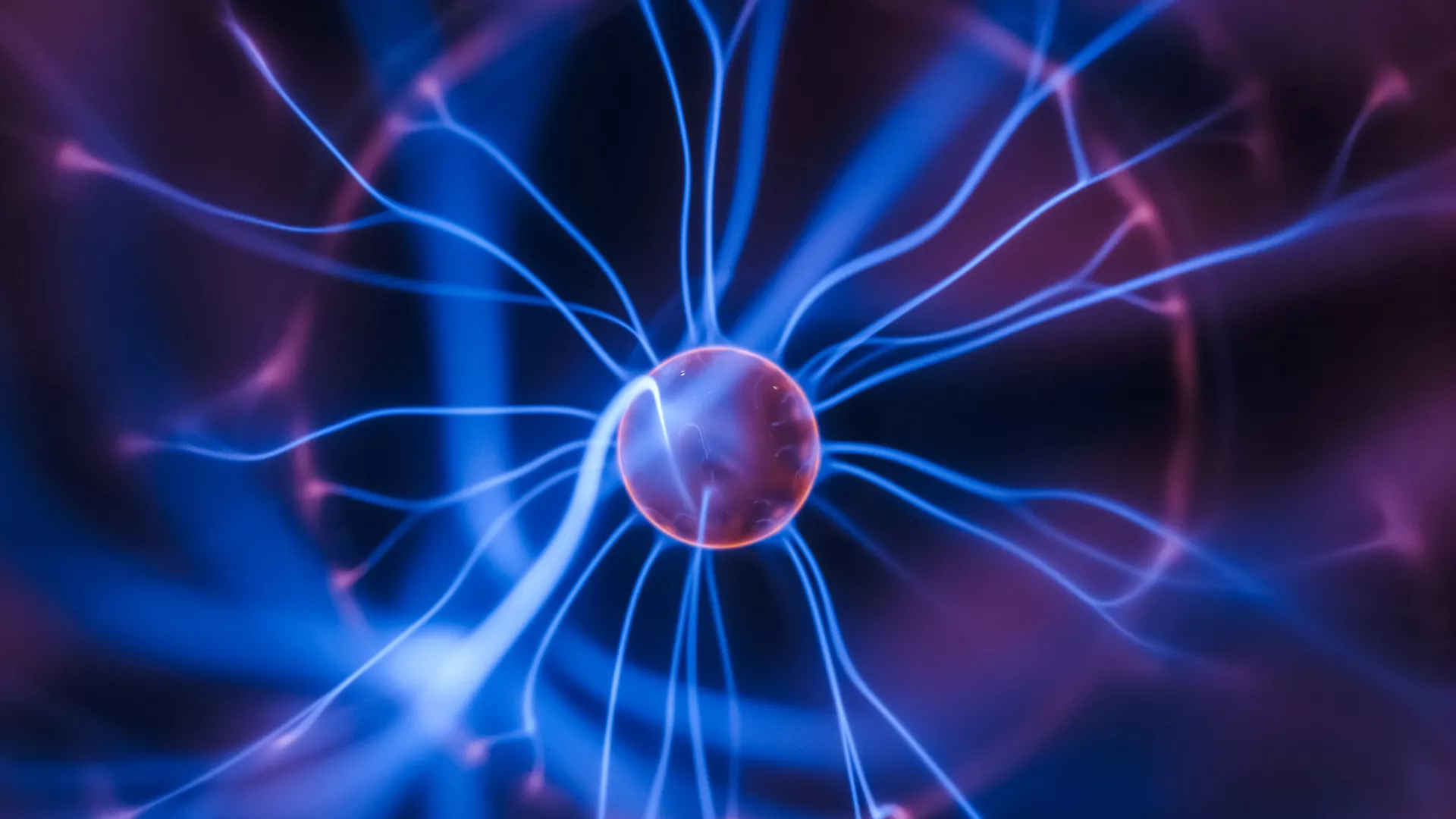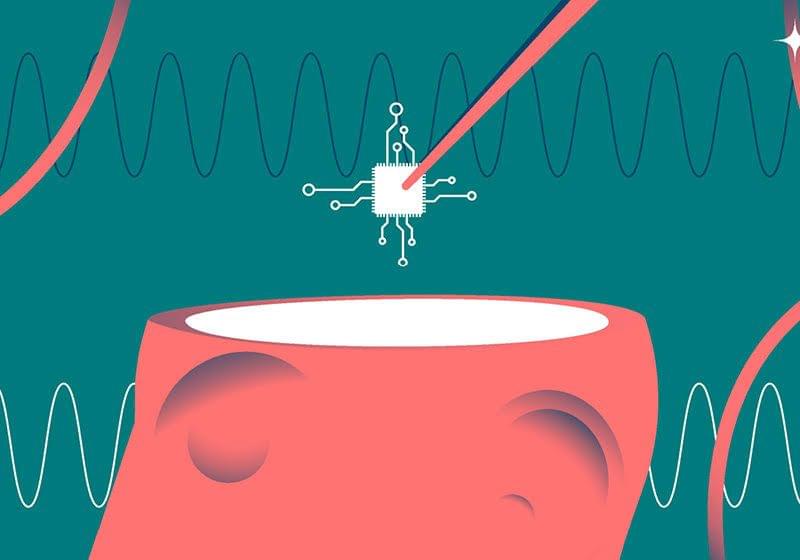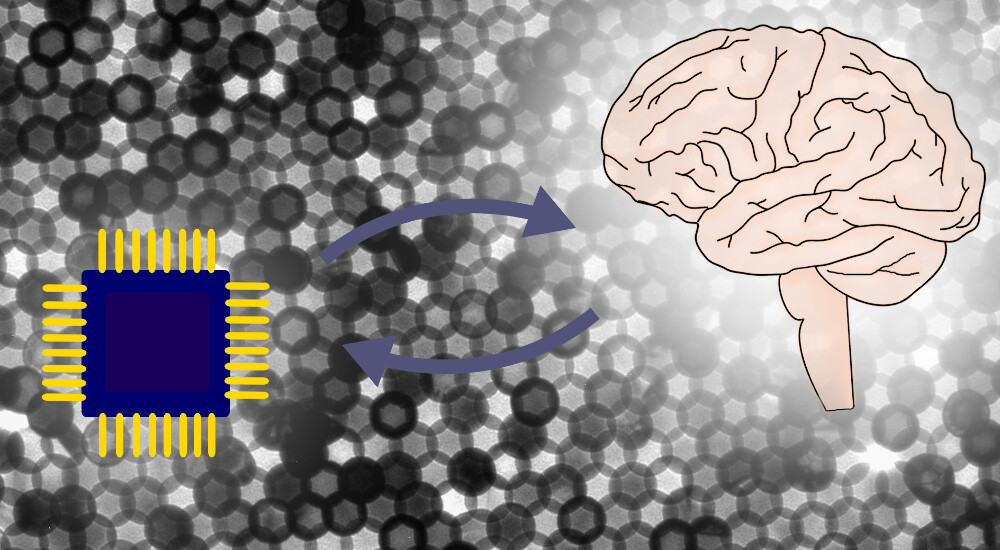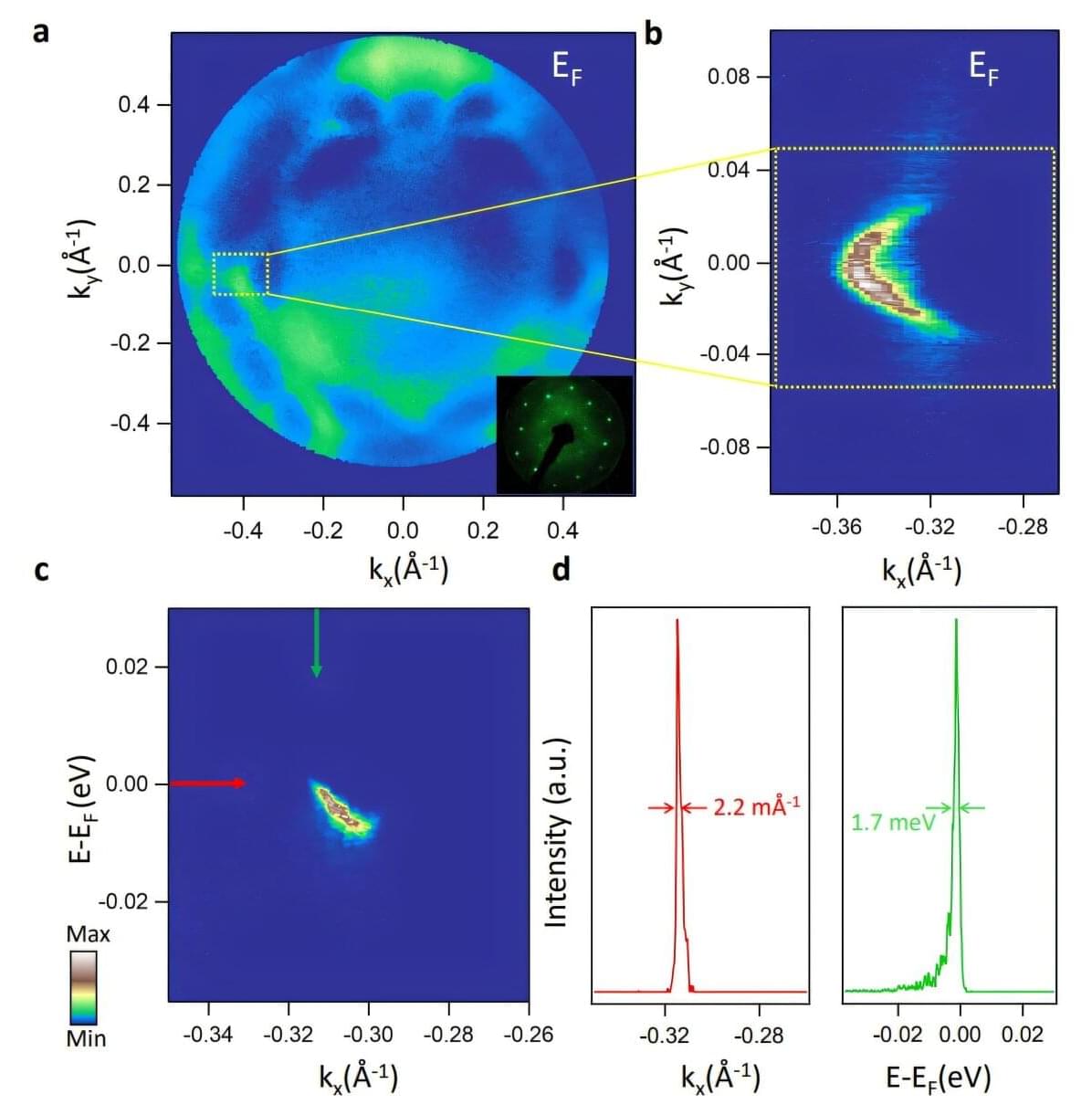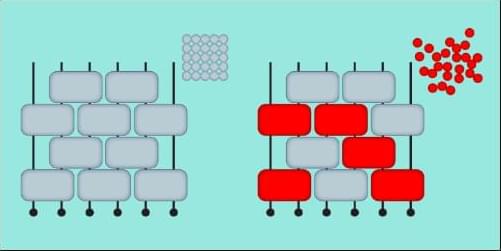We investigate the artistic patterns generated by the pouring technique made famous by Jackson Pollock. To determine if poured patterns can be distinguished based on the artist age, we apply computer analysis techniques to paintings created under controlled conditions by children (four to six years old) and adults (18–25 years old) pouring fluid paint onto horizontal sheets of paper. Both groups of art display a high visual complexity due to the multi-scaled paint structure generated by the pouring process. However, the two groups demonstrate statistically significant differences when this structure is quantified using both multifractal and lacunarity analysis. Whereas the multifractal analysis probes the scaling characteristics of the patterns, lacunarity quantifies clustering in their spatial distributions. We find that the children’s paintings are characterized by smaller fractal dimensions (indicating a reduced contribution of fine structure) and by larger lacunarity parameters (indicating a larger clustering of this fine structure) compared to the adult paintings. We compare these results to those of two famous poured works by Jackson Pollock and Max Ernst as a preliminary step to investigating the potential origins of the fractal and lacunarity variations across artists, which includes motions related to biomechanical balance. Finally, to examine the impact on audiences, we ask observers to rate their perceptions of the paintings. These ratings indicate a rise in interest and pleasantness for paintings with lower fractal dimensions and larger lacunarity.
The interface between art and science has grown over the past three decades with the advent of statistical analysis of the visual characteristics of art works. Although such studies now encompass a broad range of artistic styles, substantial research has been devoted to paintings generated by pouring paint onto the canvas rather than by using traditional brush contact. A number of Twentieth Century artists pursued this technique, including the European Surrealists [1], the Canadian Les Automatists [2], and the American Abstract Expressionists [3]. The latter featured the most famous proponent of the ‘pouring’ technique, Jackson Pollock [4].
Celebrated as Action Painting, these poured works serve as records of the artists’ encounters with their canvases. In Pollock’s case, this encounter involved him painting in the three-dimensional space above the canvas and then letting gravity condense the fluid paint onto the two-dimensional plane of the canvas laid out across the floor. This dynamic process often unfolded at frantic painting speeds, inviting speculation from art critics and the public alike as to whether it is possible to control the pouring technique. Perhaps all artists are instead destined to generate haphazard records of their encounters with the canvas. This debate has been fueled by the lack of traditional compositional strategies displayed in typical poured works — no center of focus, no left or right, and no up or down [3, 4].
